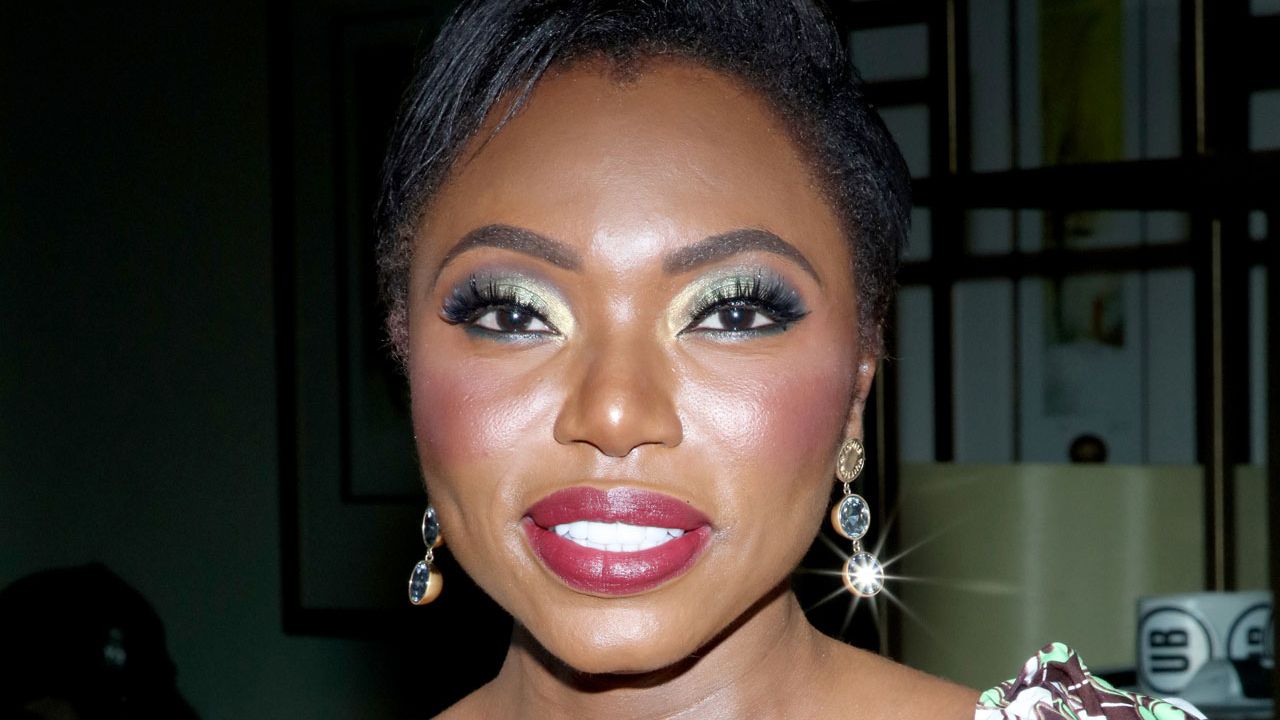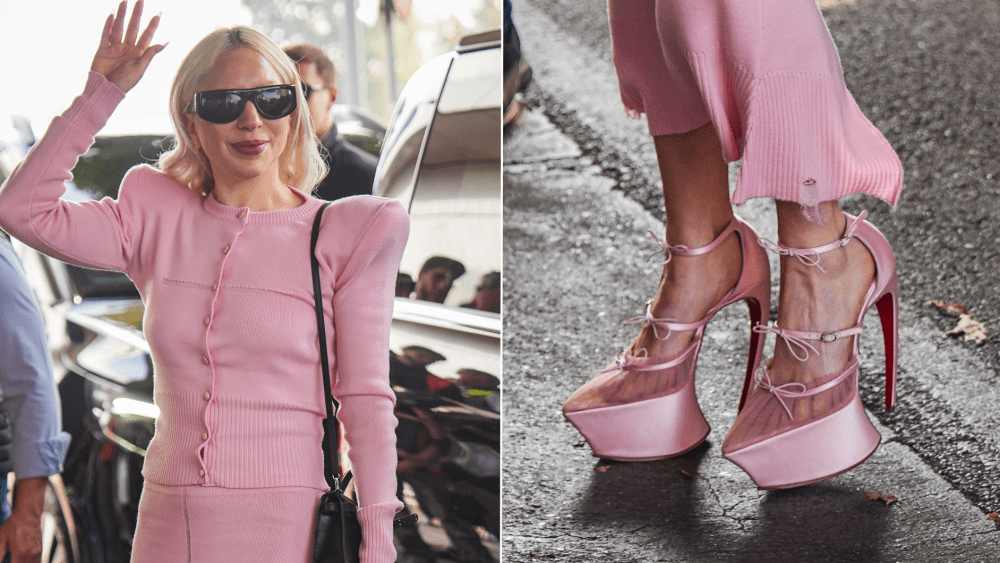
In 2017, Sharon Chuter came over and introduced herself to me at a Vogue Beauty breakfast. Within minutes, I sensed that she, a beauty exec with years of experience in the industry, wasn’t like anyone else in the room; laser-focused, charming, with a mischievous sparkle in her eye, her beloved dog Leo either cradled in her arms or peeking out of her Hermès bag. She spoke quickly—she could talk a mile a minute—but every word had weight. It was as though she were delivering a (great) Ted Talk in real time: compelling, clear, impossible not to listen to. She told me she was launching a beauty brand—something I hear often in my line of work. But this felt different. This was Uoma Beauty, a brand with a radical, left-of-center, technologically advanced approach to inclusivity. Yet Sharon’s ambition wasn’t simply to own a beauty brand. She was an activist. A woman on a mission to ensure that Black people were afforded the same care and attention in beauty as everyone else—and that equity existed across the board. She would not stop until she had changed the beauty industry forever.
Soon after, I began working closely with her as Uoma took shape. From late-night calls about names and campaigns, to strategy sessions on positioning and storytelling, to connecting her with Selfridges and other retailers, I had the privilege of witnessing her vision come alive. Sharon was unrelenting. Nothing was ever superficial or performative. She interrogated every detail—every name, every texture, every shade—with one relentless question: “Does this push us forward?”
And my goodness, she pushed. When Uoma Beauty launched in 2019, it wasn’t simply another debut on the crowded shelves of an oversaturated market. Uoma was disruptive. Political. Joyous. Unapologetically Black.
While many brands trumpeted “diversity” in glossy campaigns but quietly released shade ranges that began and ended with beige (or gray), Sharon delivered 51 foundations across six formulas cleverly calibrated to the Fitzpatrick scale, a numerical classification identifying six skin types for understanding skin more deeply and diversely. This in itself was groundbreaking. No one else was formulating foundations with this level of precision or innovation or ambition. She tested them everywhere, and on everyone: at Soho House over drinks, in boardrooms during meetings; she was always seeking perfection. For Sharon, foundation wasn’t just about pigment. It was about accuracy, recognition, belonging…
#Remembering #Uoma #Beauty #Founder #Sharon #Chuter #Fearless #Visionary #Refused #Compromise








